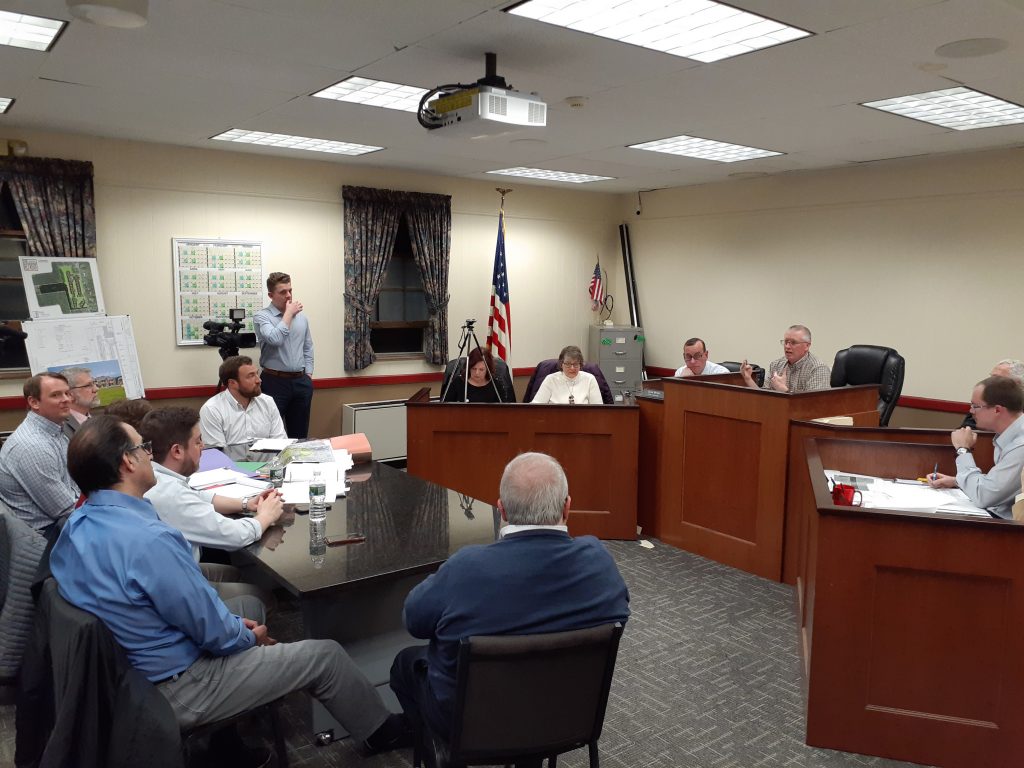Every 10 years, the U.S. Census Bureau is required by the U.S. Constitution to conduct a census, and the country is due for a count in 2020. This year, the bureau is looking to increase its count of a certain underrepresented group — college students.
The census aims to collect accurate population data by counting every single person living within the United States. This information is then used to determine the amount of seats a state receives in the House of Representatives, the allocation of $675 billion in federal funding and legislative and school districts.
The bureau expects a low rate of response in the Triple Cities area, comprised of Binghamton, Vestal and Johnson City, according to its Response Outreach Area Mapper (ROAM), which shows predicted response rates for the country. The bureau has teamed up with Binghamton University’s Center for Civic Engagement (CCE) to help increase the college student response rate.
College students are a historically difficult group to count and the ROAM predicts the University campus and the West Side neighborhood, which is predominantly occupied by students, will have around a quarter of residents not respond to the census. Katherine Dillon, a partnership specialist for the U.S. Census Bureau, said she believes there are misconceptions that lead college students to think the census does not apply to them, including situations where a student is foreign-born or a renter.
“[The census] applies to everybody,” Dillon said. “It doesn’t matter what your citizenship status is, what your residency status is — if you’re here, then we want to count you.”
According to Alison Handy Twang, associate director of the CCE, the on-campus students fall into a category of group quarters, meaning the bureau will most likely use BU’s administrative records to count residents rather than having on-campus students respond directly. For off-campus students, the CCE plans to raise awareness about the importance of responding to the census. The CCE will be reaching out through emails, social media posts, advertisements and tabling events, and more information will be available on the organization’s website.
“The census itself is actually easy to respond to,” Twang wrote in an email. “Each ‘household’ will submit just one census form, so students living with roommates should work together to submit their response.”
Starting March 12, people will be receiving an invitation to fill out the census in the mail. In an effort to make responding to the census easier across the board, people can now complete the census online or over the phone in 12 different languages. April 1 is Census Day, which is the date the bureau gives as a hard marker for filling out the census — wherever you are living on that day is where you should fill out as your place of residency.
The day has importance for people who may split their time living in different places, like college students. Jared Kraham, deputy mayor for the City of Binghamton, said he believes BU students should be counted as Binghamton residents.
“We want to make a real effort to broaden the awareness of the census,” Kraham said. “For [BU] students, if you live off campus in Binghamton you should be filling it out to be counted in Binghamton as you are living here most of the year.”
If people have not responded going into April, they will receive multiple reminders in the mail. If they still have not responded by May, then a census taker will come to their door to physically count them.
According to Twang, the efforts the CCE and the bureau are making to get a more accurate population count will have a lasting effect on this community for many years to come.
“An undercount has real financial and political consequences, especially for communities home to people who are considered ‘hard to count,’ including college students, those without stable housing or people with disabilities,” Twang wrote. “While the census is a mandatory civic duty, it is also very much an act of political empowerment that impacts our community for the next decade. Because students make up such a significant portion of our local population, a strong response from students will have a positive impact on our community for years.”



